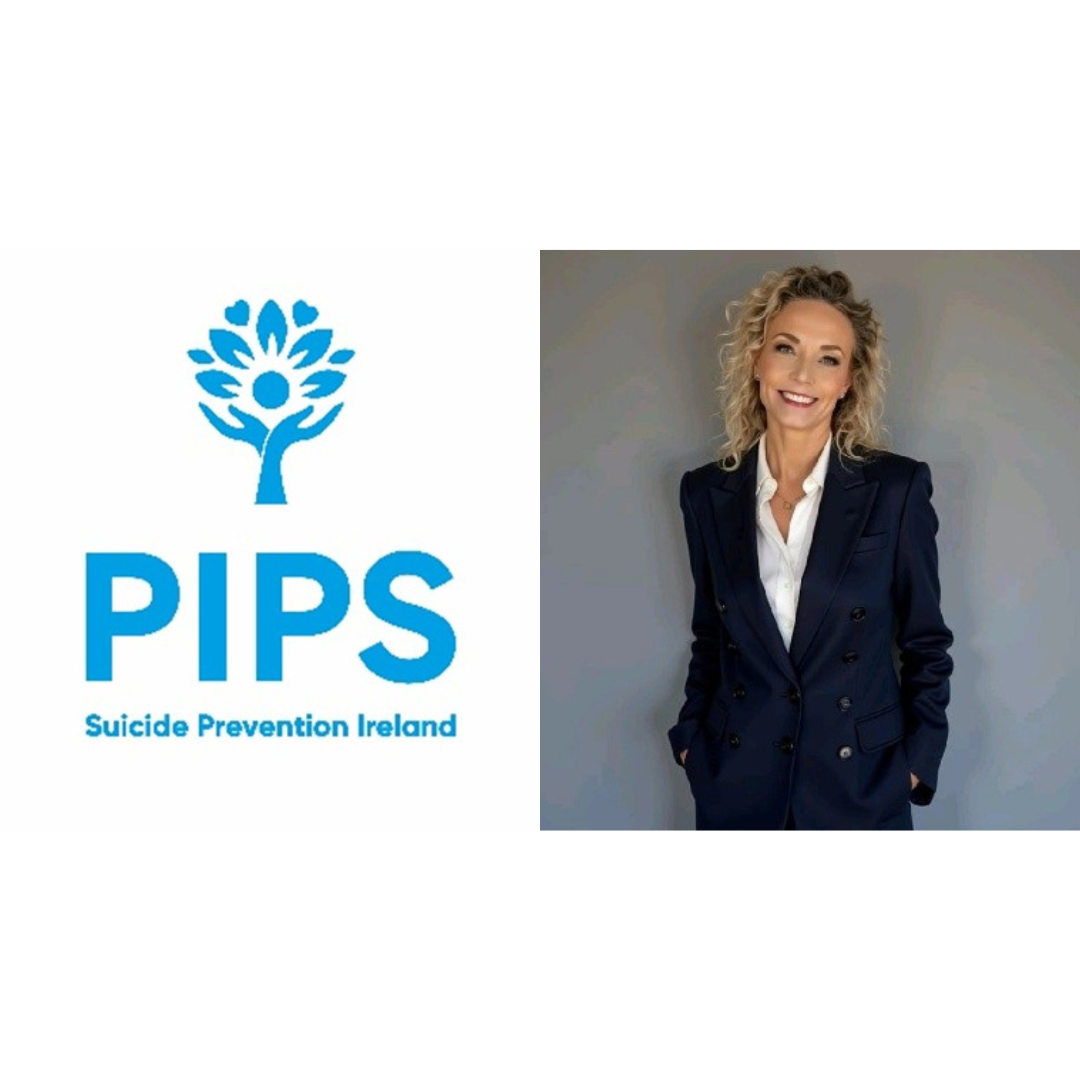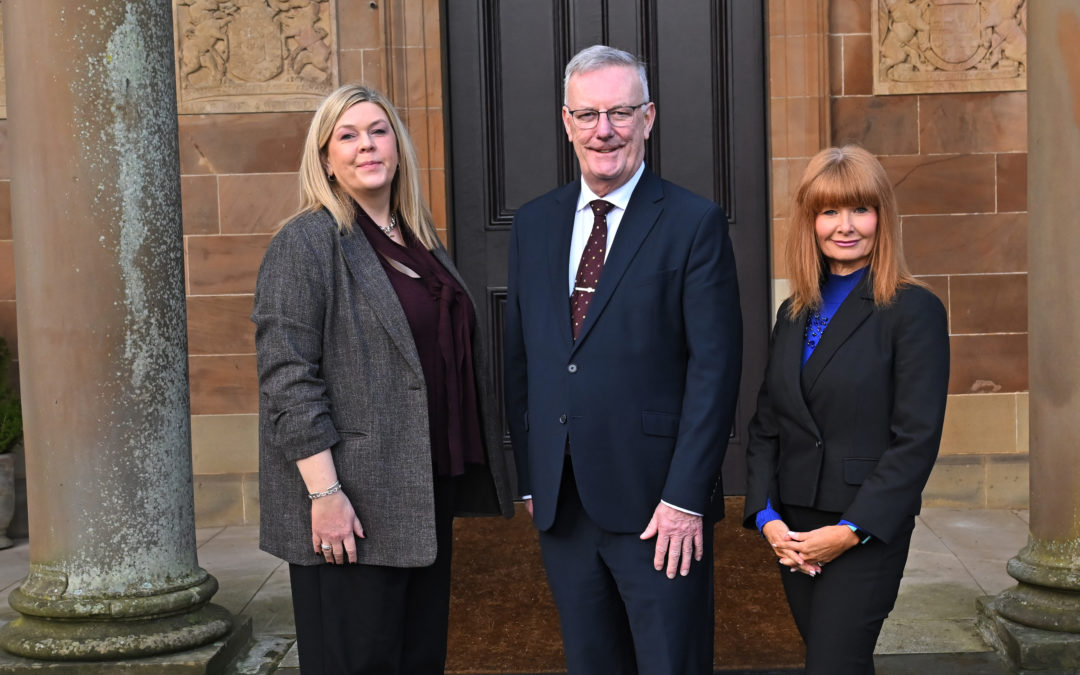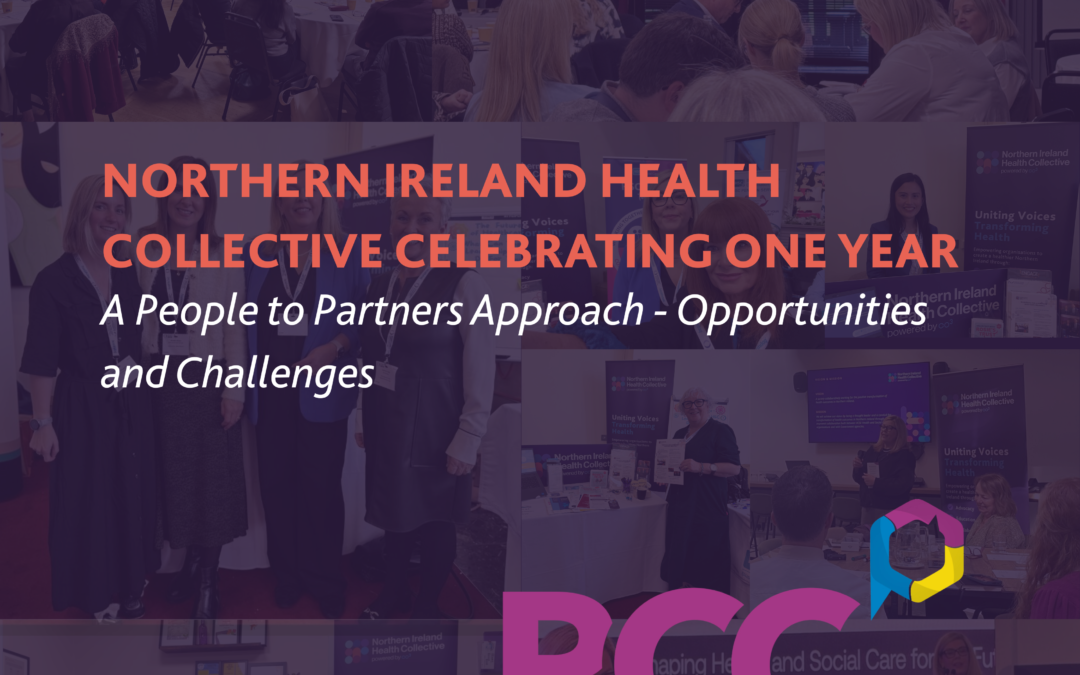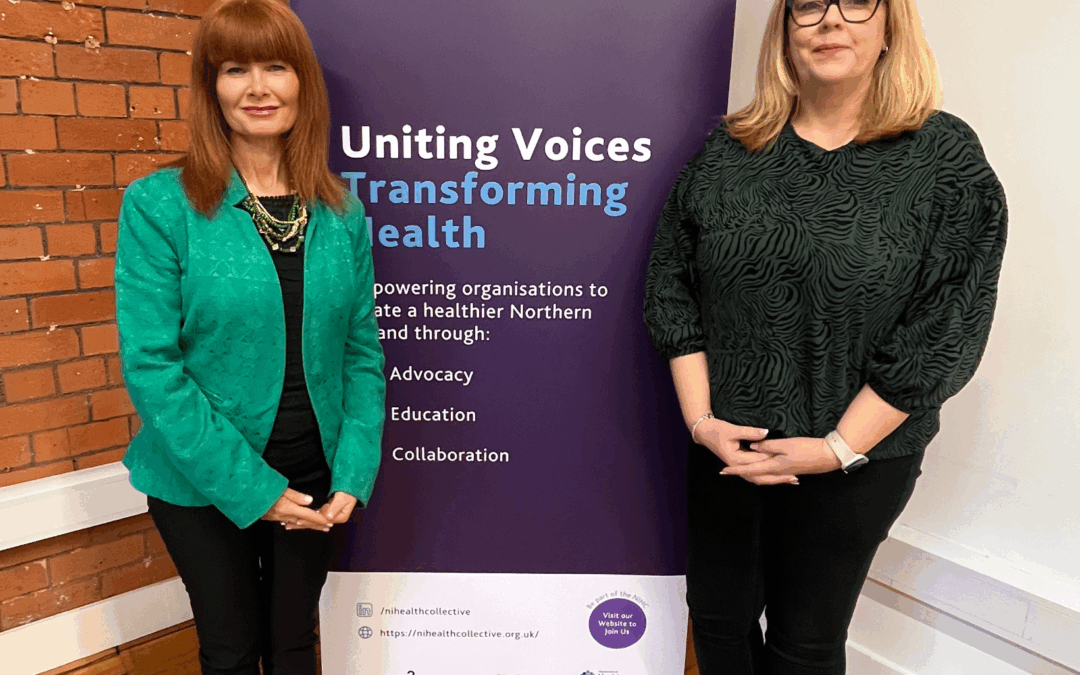By: Renee Quinn, Executive Director, PIPS
The Reality we are facing
Northern Ireland continues to struggle with some of the highest suicide rates in the UK—a silent epidemic that claims hundreds of lives each year.
In 2023, suicide claimed 221 lives in Northern Ireland—over three times the number of road deaths (71)—yet mental health remains critically underfunded. This comparison underscores the urgent need to address mental health support and suicide prevention with the same vigour and level of resources devoted to road safety, because every life lost—regardless of the cause—deserves equal attention and intervention.
We have experienced consistently higher suicide rates since 1998—despite decades of peace. However, this is not a surprising statistic, nor is it just a matter of numbers. As a society we are facing a suicide crisis that is both urgent and runs deeper than statistics can show. In fact, it is a reflection of a deeper societal crisis and one that the region has yet to properly address.
This is a place still haunted by the legacy of over 40 years of conflict. The trauma didn’t end with the peace process—it was passed down. It lingers in silence, behind closed doors. The emotional aftermath remains woven into everyday life. The lack of investment and concerted action around mental health services, particularly in the aftermath of years of political strife, has perpetuated a vicious cycle that continues to claim lives at an alarming rate. Our people are struggling, and when people suffer, society stumbles.
For far too long, mental health has been sidelined, with inadequate funding. The peace that arrived in Northern Ireland after years of conflict was a significant achievement, but the emotional scars of that past still linger—yet they have not been met with the same level of support and intervention as other social issues. Mental health services are still seen as an afterthought, and there is a significant gap in both preventative care and the ability to provide help in times of crisis.
While statistics point to a troubling trend, they fail to fully capture the human cost of this crisis: the families left shattered, the communities left grappling with the aftermath, and the individuals who feel lost, unheard, and unsupported. It is easy to get caught up in the numbers, but each life lost is a story of unmet need, missed opportunities for intervention, and a failure of society to respond appropriately to its most vulnerable members.
Suicide is not just a matter of individual despair, but a collective failure to invest in mental health, to create a culture that prioritizes well-being, and to foster environments where people feel supported enough to reach out. Without proper investment, the systemic neglect continues to affect the mental health of future generations, creating a cycle that, if left unchecked, will continue to claim lives in silence. We simply can’t heal a nation by ignoring its pain.
This crisis requires more than just words of sympathy. It demands action: sustained investment in mental health care, the de-stigmatisation of seeking help, and most importantly, a shift in societal attitudes where mental health is viewed as equally important as physical health. Until we as a society recognize and act on the urgency of this situation we will continue to face a suicide epidemic that cuts across all social divides having a profound impact on individuals, families, and communities alike.
Following our troubled history, we were met in 2019 with yet another generational crisis, COVID-19. It intensified everything: isolation, grief, financial hardship—and brought with it a surge in mental health challenges. It pulled the floor out from under many who were already struggling to stay afloat and a tidal wave of mental health struggles ensued. For many, it was the breaking point in a life already weighed down by invisible pain and many burdens.
And yet, since then, mental health services have still not received anywhere near the level of investment we deserve. Despite the rising need, support remains underfunded, overstretched, and often inaccessible to those who need it most.
People in crisis are told to reach out and ask for help and when they do – their wait begins. They’re met with responses: “You’re not urgent enough.”, or told their postcode disqualifies them from accessing certain services. They’re asked to “just hold on” often for 6-12 months – until support becomes available. Unfortunately, placing barriers on people when they reach out for help is a policy failure with a human cost, because behind every suicide is a system that didn’t act in time.
Placing barriers in front of people at their most vulnerable is not just a policy failure; it’s a human tragedy. Because behind every suicide is a system that didn’t act in time.
How many more lives must we lose before we act on this public health crisis?
At PIPS Suicide Prevention Ireland, we refuse to stand by while people fall through the cracks. We’re here everyday, meeting people in their darkest hour and walking with them towards hope.
People in crisis still face postcode barriers, months-long waiting lists, and arbitrary limits on how long they can avail of services. In a system bound by red tape, where healing is rationed and urgency is delayed, lives are being lost.
These are not just numbers. Each life lost represents a family devastated, a community scarred, and a future cut short. And still, support remains fragmented and delayed through formal health channels and bureaucratic barriers. Mental illness doesn’t discriminate — but support too often does.
We see the devastating consequences in families, schools, workplaces, and communities every single day. Even where help exists, time is often rationed. Many counselling services are limited to six sessions—yet suicidal distress doesn’t resolve on a fixed schedule. Healing takes time, trust, and consistency. You cannot rush recovery and statistics highlight the pressing need for accessible, unrestricted, and immediate mental health support services right across Northern Ireland.
At PIPS Charity, we believe people in pain deserve more than what the system currently offers. And that’s why we exist—to remove barriers standing between someone and the help they need.
About PIPS
PIPS charity was founded in 2003, and we have stayed true to a vision that puts people first, not systems. While others may have opted for a restrictive government-funded model, we’ve chosen a different road. One that’s arguably harder to sustain – but one that remains free from limits and one that we know saves lives.
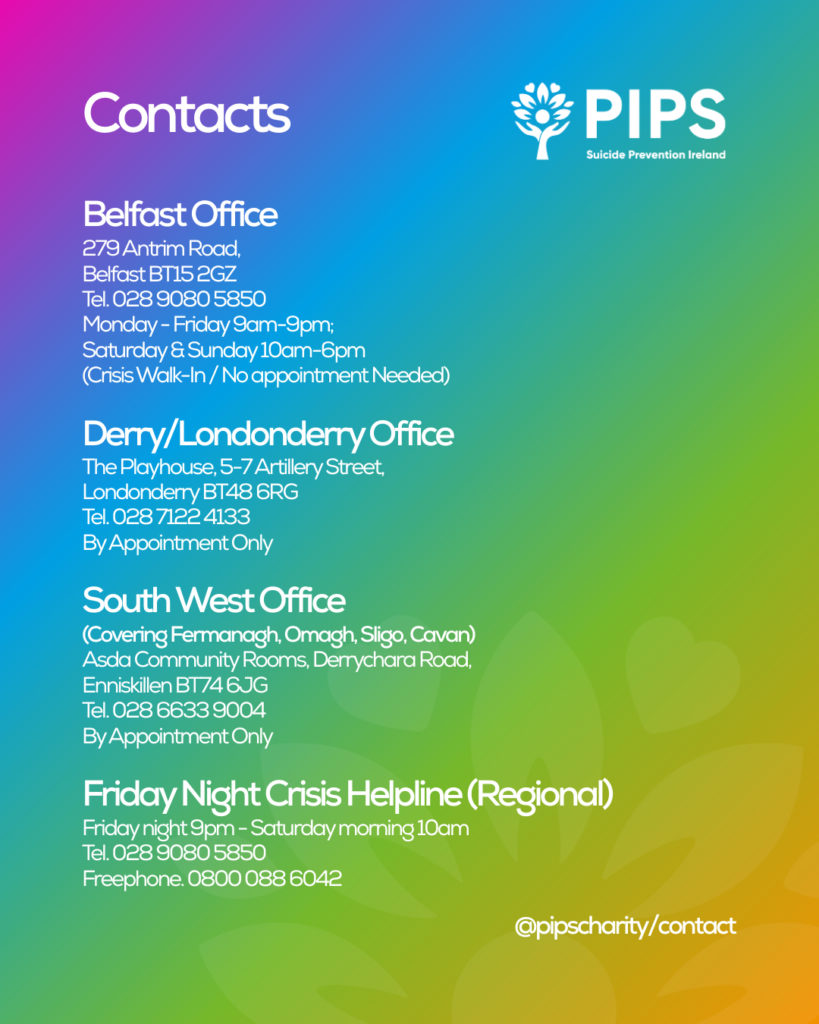
Renée joined PIPS Suicide Prevention Ireland Charity in 2020 coming with experience from Local & Central Government and sectors such as Women’s, Housing, Mental Health, Carer’s, as well as the private sector. She is a professionally trained Chartered Environmental Health Practitioner and Chartered Manager with many years’ experience in Public Health and Housing and has always been motivated by trying to improve the quality of people’s lives in whatever sphere worked or volunteered in.
She has held roles developing projects, partnerships and people across Operations, Finance, IT, HR, Marketing, Programmes and Events and she thrives in leading with a positive leadership style. She is extremely versatile with a creative approach to problem solving and strategy development and has studied extensively throughout her career; BSc (Hons) degree in Environmental Health, Diploma in Industrial Studies, Advanced Diploma in Management Practice and a Master’s in Business Administration (MBA) all through Ulster University.
Renee’s academic and practical experience has enabled her to hone her skills to help people, teams and organisations discover their strengths and develop approaches to make a positive impact in all that they do, which is also seen and importantly felt. She is passionate about contributing to making the lives of others and the world better and she sees her role as one of ensuring PIPS is at the forefront in working towards a compassionate society free from suicide.
Her role entails working closely with the Trustee Board to ensure the effective governance and strategic direction of PIPS whilst promoting the services of the organisation and lobbying on matters relevant to clients. The entire PIPS team have been instrumental in ensuring PIPS Charity is a sustainable organisation, which is agile and responsive to community and client needs. PIPS are very fortunate to have a dedicated team of professionals, volunteers and students who help ensure the smooth running of services and are deeply grateful for the continued support of the community in helping with fundraising and donations. As non-government funded charity, PIPS services provide excellent value for money but without the public support they could not deliver the range and quality of services on offer. They are enthusiastic and passionate about continuing to provide a first class, mental health service and continuing to save lives for many more years to come.

